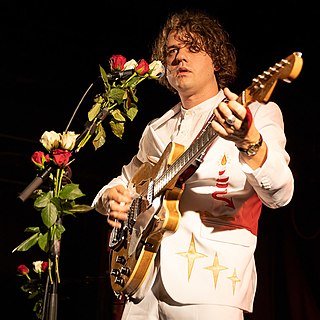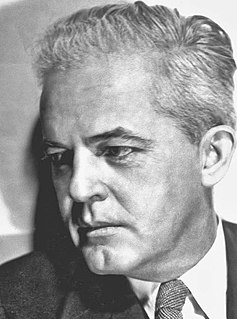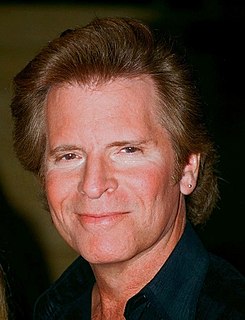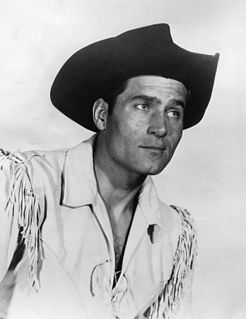A Quote by Jay Nixon
Clearly we're in historic times here. We have - one of the tributaries of the Mississippi River is a river called the Merrimack. And the crest areas there - they're going to be a number of feet, 2, 3, 4, over what they were in '93 or '82. And on the Mississippi River itself, down below St. Louis, we're still projecting a couple of feet over that historic number. So the bottom line is there's a significant amount of water that's causing evacuations and challenges throughout that whole area.
Related Quotes
The river itself has no beginning or end. In its beginning, it is not yet the river; in the end it is no longer the river. What we call the headwaters is only a selection from among the innumerable sources which flow together to compose it. At what point in its course does the Mississippi become what the Mississippi means?































